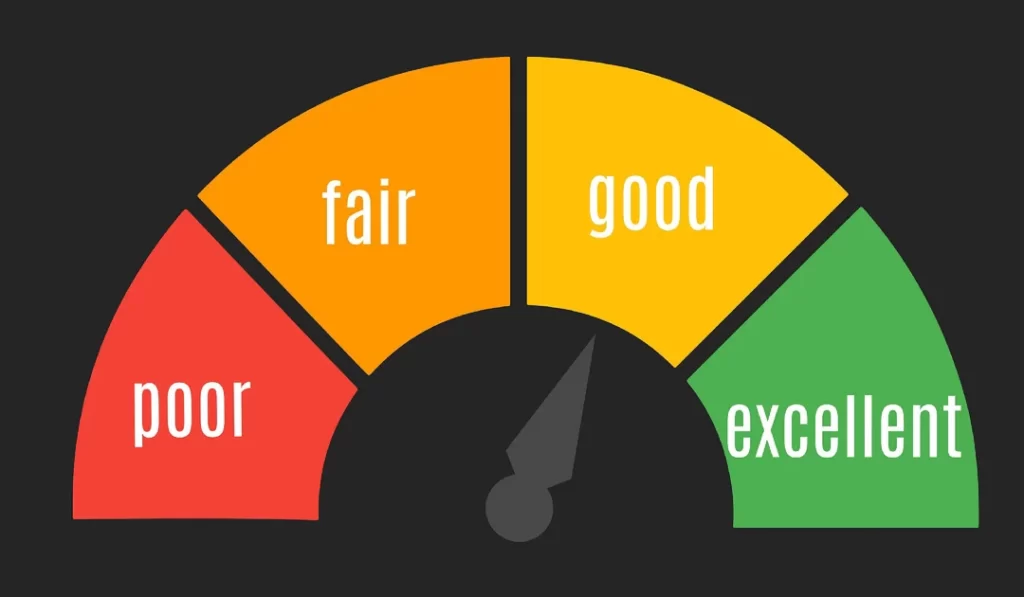Understanding the Essence of Technical SEO
In the ever-evolving world of digital marketing, staying ahead requires a comprehensive understanding of technical SEO, search engine optimization. Here’s what you need to know:
- What is Technical SEO? Technical SEO refers to the optimization of your website’s technical elements to improve its search engine visibility. It focuses on website structure, speed, mobile-friendliness, indexing, and other factors that impact search engine rankings.
- The Importance of Technical SEO Technical SEO lays the foundation for your website’s success in search engine results. It ensures that search engines can crawl and understand your website easily, leading to better visibility and higher rankings.
- Key Technical SEO Elements a. Website Speed: A fast-loading website enhances user experience and reduces bounce rates. Optimize your website’s speed by compressing images, minifying code, and leveraging browser caching. b. Mobile-Friendliness: With the majority of internet users accessing websites on mobile devices, having a mobile-friendly website is essential. Make sure your website is responsive and provides a seamless experience across different devices. c. Site Structure and Navigation: A well-organized site structure improves user experience and helps search engines understand the hierarchy of your content. Use clear headings, subheadings, and internal linking to guide users and search engine crawlers. d. XML Sitemaps: XML sitemaps help search engines discover and index your website’s pages efficiently. Generate an XML sitemap and submit it to search engines to ensure all your important pages are crawled. e. URL Structure: Use descriptive, keyword-rich URLs that are easy for both users and search engines to understand. Avoid using unnecessary parameters or dynamic URLs that can confuse search engines.

Optimizing On-Page Elements
On-page optimization is a critical aspect of technical SEO that focuses on optimizing individual web pages. Follow these strategies to maximize your on-page SEO:
- Keyword Research and Optimization a. Conduct thorough keyword research to identify relevant keywords for your target audience. b. Optimize your page titles, headings, meta descriptions, and content with your target keywords. c. Use natural language and avoid keyword stuffing, which can harm your rankings.
- Compelling and Engaging Content a. Craft high-quality, unique content that provides value to your audience. b. Use engaging headlines, subheadings, and bullet points to enhance readability. c. Incorporate multimedia elements like images and videos to make your content more engaging.
- User Experience and Page Load Speed a. Ensure your website is optimized for fast load times to minimize bounce rates. b. Implement responsive design to provide a seamless experience across devices. c. Optimize images by compressing them without compromising quality.
- Internal Linking a. Link relevant pages within your website to improve navigation and enhance user experience. b. Use descriptive anchor text that includes keywords to provide context for search engines.
Unleashing the Power of Off-Page SEO
While technical SEO focuses on optimizing your website’s internal elements, off-page SEO is equally crucial. Here are key strategies to leverage:
- Building High-Quality Backlinks a. Seek authoritative websites in your industry or niche and reach out to them for potential collaborations or guest blogging opportunities. When you earn backlinks from reputable sources, search engines perceive your website as more trustworthy and relevant. b. Create compelling and shareable content that naturally attracts backlinks from other websites. Valuable resources, industry insights, and original research are all great ways to generate organic backlinks. c. Leverage social media platforms to promote your content and encourage others to link back to your website. Engage with your audience, build relationships, and amplify the reach of your content.
- Online Directories and Local Citations a. Register your business with relevant online directories and local citation sites to improve your online visibility and local SEO. b. Ensure consistent and accurate information, such as your business name, address, phone number (NAP), and website URL, across all directories. c. Monitor and manage your online reviews to maintain a positive reputation and boost local search rankings.
- Social Media Engagement a. Build a strong social media presence and actively engage with your audience. Share valuable content, respond to comments and messages, and participate in relevant industry discussions. b. Encourage social sharing of your content to increase visibility and attract potential backlinks from social media platforms.
- Influencer Partnerships a. Collaborate with influencers and industry experts to amplify your brand’s reach and generate high-quality backlinks. b. Seek opportunities for guest blogging, podcast interviews, or joint content creation with influencers in your niche. Their endorsement and sharing of your content can significantly boost your website’s visibility and authority.
Measuring and Analyzing SEO Performance
To ensure the effectiveness of your technical SEO efforts, monitoring and analyzing performance is essential. Here’s how you can track and measure your SEO success:
- Utilize Web Analytics Tools a. Implement web analytics tools like Google Analytics to track key metrics such as website traffic, user behavior, conversions, and bounce rates. b. Analyze data regularly to identify trends, insights, and areas for improvement.
- Monitor Keyword Rankings a. Track the rankings of your target keywords using SEO tools like SEMrush or Ahrefs. b. Monitor changes in rankings over time and make adjustments to your SEO strategy accordingly.
- Assess Organic Traffic Growth a. Analyze the growth of organic traffic to your website through web analytics tools. b. Identify the sources of traffic, landing pages, and conversion rates to understand the effectiveness of your SEO efforts.
- User Experience Analysis a. Utilize tools like heatmaps and user recordings to gain insights into user behavior and website usability. b. Identify areas where users may be experiencing difficulties or drop-offs and optimize those elements for better user experience.

Conclusion
In conclusion, mastering technical SEO is essential for achieving online success in a competitive digital landscape. By optimizing your website’s technical elements, implementing effective on-page strategies, and leveraging off-page opportunities, you can enhance your website’s visibility, attract more organic traffic, and improve your search engine rankings.
Remember to regularly analyze and measure your SEO performance to identify areas for improvement and stay ahead of the ever-evolving search algorithms. By continuously refining your technical SEO tactics, you’ll create a solid foundation for long-term online success.
Want more information on how to improve your company’s digital presence? Contact us and we will get you started.

Leave a Reply